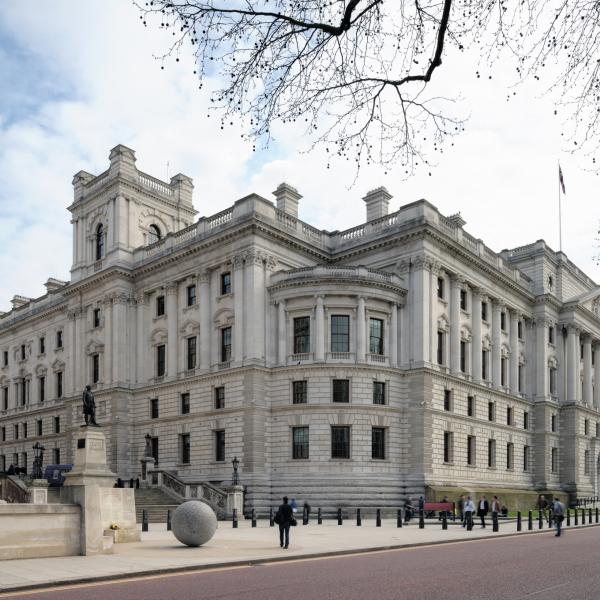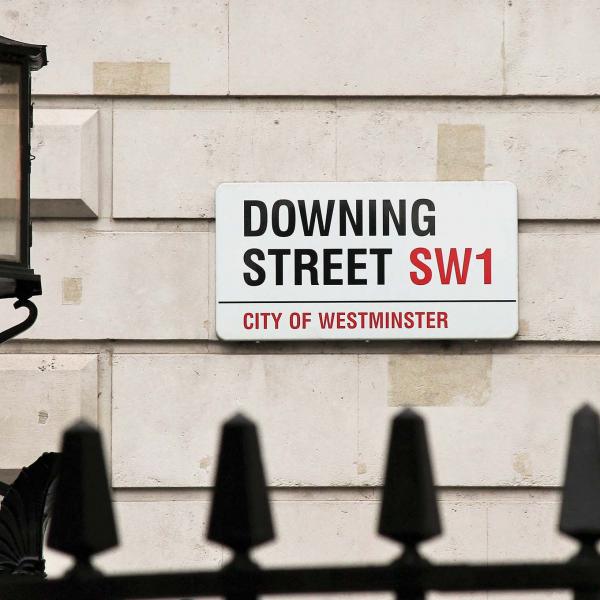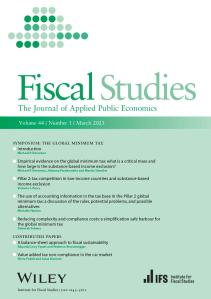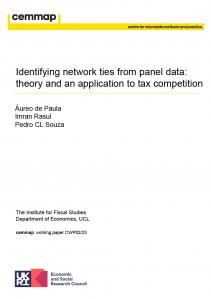This paper examines how capital tax competition affects jurisdiction formation. We describe a locational model of public goods provision, where jurisdictions are represented by coalitions of consumers with similar tastes, and where the levels of taxation and local public goods provision within jurisdictions are selected by majority voting. We show that in this setting interjurisdictional tax competition results in an enlargement of jurisdictional boundaries, and can raise welfare for all members of a jurisdiction even in the absence of intrajurisdictional transfers.
Authors

Research Associate University of Nottingham
Kim is Professor of Economics and Public Policy and Head of the School of Economics at the University of Nottingham.

Perroni, Perroni
Working Paper details
- DOI
- 10.1920/wp.ifs.2000.9710
- Publisher
- IFS
Suggested citation
Perroni, P and Scharf, K. (2000). Tiebout with politics: capital tax competition and jurisdictional boundaries. London: IFS. Available at: https://ifs.org.uk/publications/tiebout-politics-capital-tax-competition-and-jurisdictional-boundaries (accessed: 10 May 2024).
More from IFS
Understand this issue

The Spring Budget explained
16 March 2023

Taxes could be cut within broader reforms
2 November 2023

At last, we are back to a normal budget, but don’t expect many treats
13 March 2023
Policy analysis

Tax and public finances: the fundamentals
23 August 2023

Full expensing and the corporation tax base
6 October 2023

Long-term costs of full expensing much lower than official estimates suggest
6 October 2023
Academic research

Fiscal Studies, Volume 44, Issue 1
20 March 2023

Empirical evidence on the global minimum tax: What is a critical mass and how large is the substance-based income exclusion?
20 March 2023

Identifying network ties from panel data: theory and an application to tax competition
18 January 2023